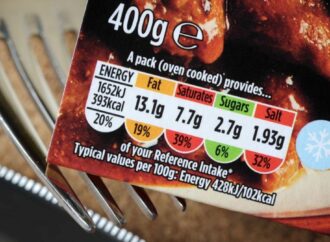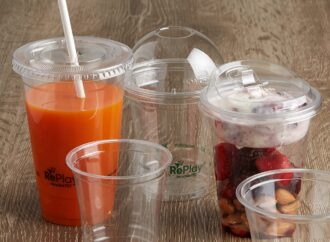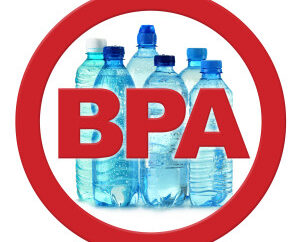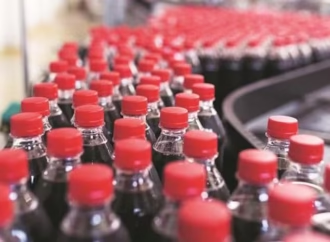 Food Manifest
Food Manifest
The house of resource for food safety.
food packaging
- Home
- food packaging

Hubballi-Dharwad Hotels Flout FSSAI Ban on Unsafe Food Packaging0
- Food Hygiene, Food Safety, Health & Wellness, News
- April 15, 2025
Report Despite a clear ban by the Food Safety and Standards Authority of India (FSSAI), many hotels and roadside eateries in Hubballi-Dharwad continue to indulge in unsafe food packaging, ie. single-use plastic and newspaper. FSSAI recently directed the Karnataka food safety department to investigate these violations, but the practice remains rampant. Authorities Struggle with Enforcement
READ MORE
SC Tells Centre: Fix Food Labels in 3 Months0
- Event, Food Laws, Food Safety, General, Health & Wellness, News
- April 10, 2025
Report The Supreme Court on Wednesday directed the Centre to implement food safety regulations within three months, requiring clear and prominent display of key details on packaged food products. A bench of Justices J B Pardiwala and R Mahadevan firmly pressed the need for transparent labelling. “Do all of you have grandchildren?” Justice Pardiwala asked.
READ MORE
FSSAI Approves Use of Recycled PET for Food Packaging0
- Food Laws, Food Safety, General, Health & Wellness, News
- April 5, 2025
Report The Food Safety and Standards Authority of India (FSSAI) has revised its packaging regulations to permit the use of recycled polyethylene terephthalate (PET) in food packaging, marking a major shift toward sustainability. Ensuring Food Safety Standards Under the Food Safety and Standards (Packaging) First Amendment Regulations, 2025, FSSAI has lifted its ban on recycled
READ MORE

Sustainable Food Packaging: A Breakthrough from NIT Rourkela0
- Food Safety, New Technology
- March 22, 2025
The global food processing industry depends heavily on synthetic plastics like low-density polyethene (LDPE), high-density polyethene (HDPE), and polystyrene (PS) for food packaging. While these petroleum-based materials offer strength and flexibility, their widespread use contributes to plastic waste, raising environmental and health concerns due to microplastics and nanoplastics. Addressing this challenge, researchers at the National
READ MORE
BPA in Food Packaging: Risks, Limits & How to Reduce Exposure0
- Food Safety, Health & Wellness
- March 6, 2025
Bisphenol A (BPA) is a chemical used to make plastics and resins, commonly found in everyday items like food containers, beverage cans, and some kitchenware. While it plays a key role in creating durable, long-lasting products, BPA has raised concerns because it can leach into the food and drinks we consume. BPA is classified as
READ MORE
Beverage Giants Challenge India’s rPET Bottle Mandate0
- Food Laws, Food Safety, Health & Wellness, News
- March 3, 2025
Report Major beverage companies, including Coca-Cola, Bisleri, and Parle Agro, are exploring legal options against the Indian government’s mandate to use 30% recycled food-grade PET (rPET) bottles starting April 1, 2025. According to media reports, industry leaders argue that the timeline is unrealistic due to inadequate recycling facilities, material shortages, and high costs, especially with
READ MORE
Latest Posts
-

-

-

No, Your Aluminium Foil-Wrapped Food Won’t Cause Cancer
- A to Z, Food Hygiene, Food Safety, News
- December 10, 2025
-

-










